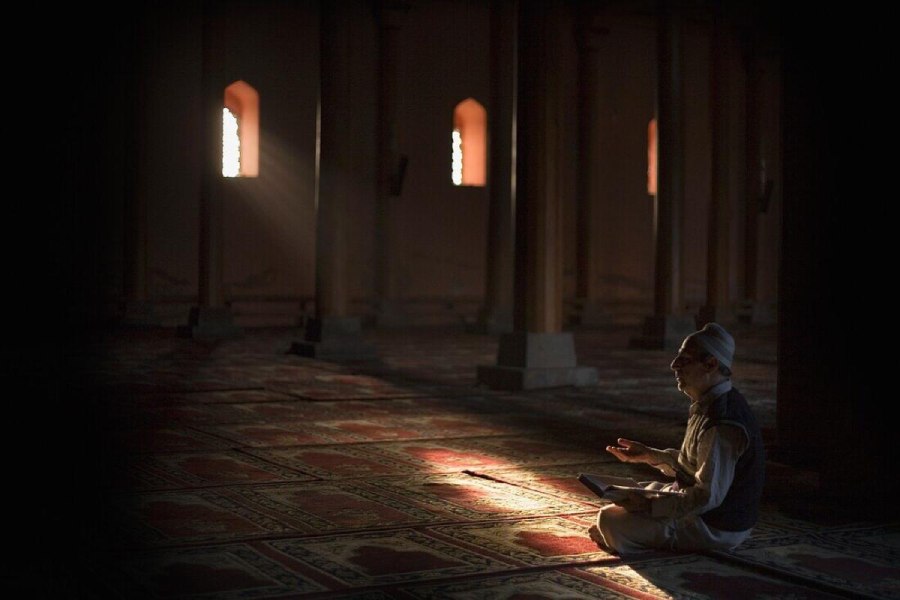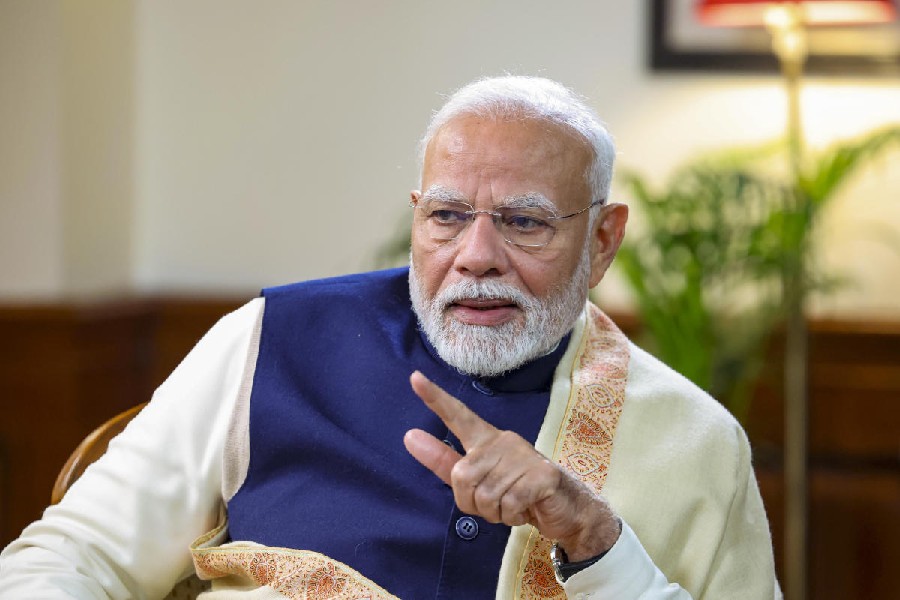Book: HISTORY'S ANGEL
Author: Anjum Hasan
Published by: Bloomsbury
Price: Rs 699
To write that the hate manufactured by the State’s agents has been internalised by the majority to an extent that they want nothing less than the elimination of a minority from a land to which they belong is unexciting and uninventive however true this fiction may be in reality.
A novel can bear witness. Its principal goal is its service to storytelling — a mesmerising cast of characters, a believable world, and a conflict that’s compelling to propel it further. Anjum Hasan’s History’s Angel has it all, and more. Set in Delhi, it takes us through the life of Alif Mohammad, a middle-aged history teacher in a school, whose job is at stake after a complaint against him boxing a student’s ear reaches the principal.
True to his character, Alif, “a middle-class nobody”, unpacks several historical anecdotes throughout the book. But it is the personal histories that unfold in the novel that make it engaging. Here’s an example, a sentence that illuminates the inner life of Alif and his wife, Tahira — “It’s always Muslims they talk about — people who are them but also not them, a body of sufferers out there regarding whose suffering these two have come up with completely different diagnoses.” Another passage shows how “when the news gets too much for” Mahtab, Alif’s father, a retired cop who “hardly stepped into the kitchen,” he switches “to channels where all suspense and all valour has to do with making an artfully arranged plate of food.”
The question Alif is faced with, however, is how long can he avoid, ignore, what’s breaking him and people like him apart. When the school offers him to take a break while they decide his fate, he has free time on his hands. Unsurprisingly, he does a lot of thinking. He wonders whether he has taken things “personally, these insults to religion and history; he wonders if religion and history will repay him for his efforts and if so what form that recompense might take. Or is it just that he’s a poor fool unable to keep even a nine-year-old punk in line and history has nothing to do with it whatsoever?”
On the surface, these questions appear insignificant. But when prised open, they reveal the character’s fight with himself. The queries, in turn, lead to an array of other questions. Can’t he merely do his job and make a living by teaching history? Why is his family denied housing in a residential complex? Has everyone bought into this idea that all “Musalmans lie,” as this student, Ankit, tells him? How can a havan be organised in an educational institution while his religion or its obvious markers must not enter its periphery? Above all, the most telling question in my view, is what Tahira asks Alif at a moment so tender and fragile that it exposes their vulnerability — as a couple, as Muslims, as people of this land: “What will save us?”
A novel cannot prophesise responses to any of the questions above. Neither can it serve as a balm against the immeasurable violence inflicted on minorities. Nor can it explain the cost of the passion project of a group of people — nation-building. At a time when histories are getting fictionalised by State-sponsored agents, it can, however, refresh one’s memory by telling stories of the many partitions this country has witnessed, the demolition of the masjid, the pogrom in 2002, the nationwide protests against the citizenship laws and so on. It can reclaim the history that is getting erased. Hasan does this masterfully by letting Alif meander through pivotal and engaging junctures in his life, the country, and its capital’s history to find how different the “business of shoes” can be from the “business of history”.











